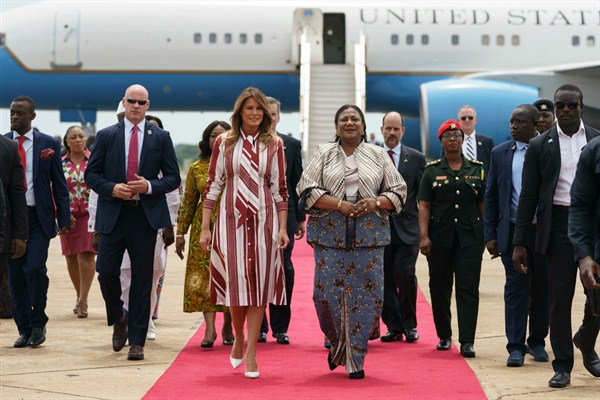Earlier this month, The New York Times created a mini furor on the internet with a job listing for someone to lead its coverage of East Africa. The announcement described it as an opportunity “to dive into news and enterprise across a wide range of countries, from the deserts of Sudan and the pirate seas of the Horn of Africa, down through the forests of Congo and shores of Tanzania.” It went on to speak of the region’s “many vital story lines, including terrorism, the scramble for resources, the global contest with China,” among others. Whether as afterthought or sop, it added that the job of Nairobi bureau chief offered “the chance to delight our readers with unexpected stories of hope.” Nowhere did one get the sense that East Africa is, in fact, a highly diverse collection of countries that encompasses more than 400 million people and includes some of the world’s fastest-growing economies.
The response from many African Twitter users was merciless, with thousands of comments and retweets, from substantive critiques by intellectuals to bitter sarcasm and even theatrical parody. Although the international editor of The New York Times later apologized, sort of, for this misstep, I’m not highlighting it to begin a column about press criticism at all. Instead, the episode was only the latest reflection of the much deeper problems in framing Africa that have long stood at the heart of the United States’ distant and generally disinterested relations with the continent.
Since the end of the Cold War, the United States has steadily grown more and more disengaged with Africa. This is not a defense of the kind of relations that existed during the Cold War, in which Washington backed many horrible dictatorships. But back then, at least, one can say the United States competed for the friendship, loyalty and attention of African countries, and sometimes even did the right thing when it came to issues like democracy, governance and certain human needs, such as public health.

